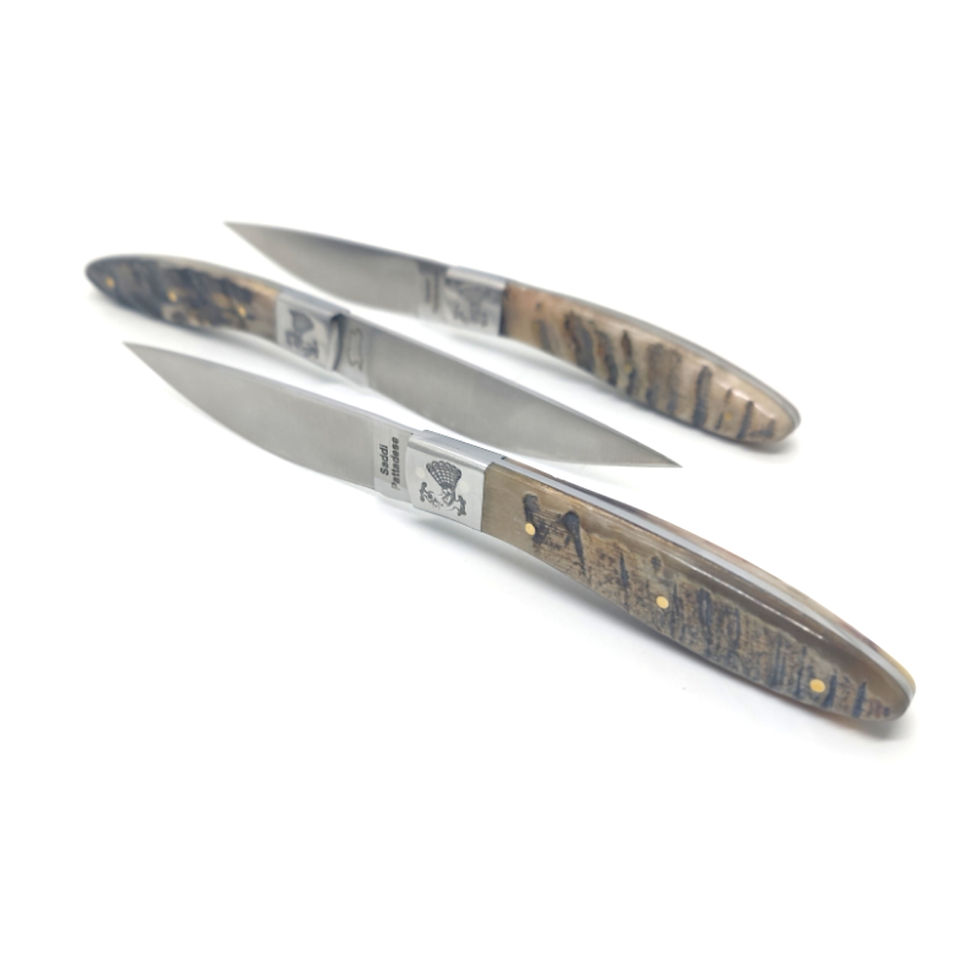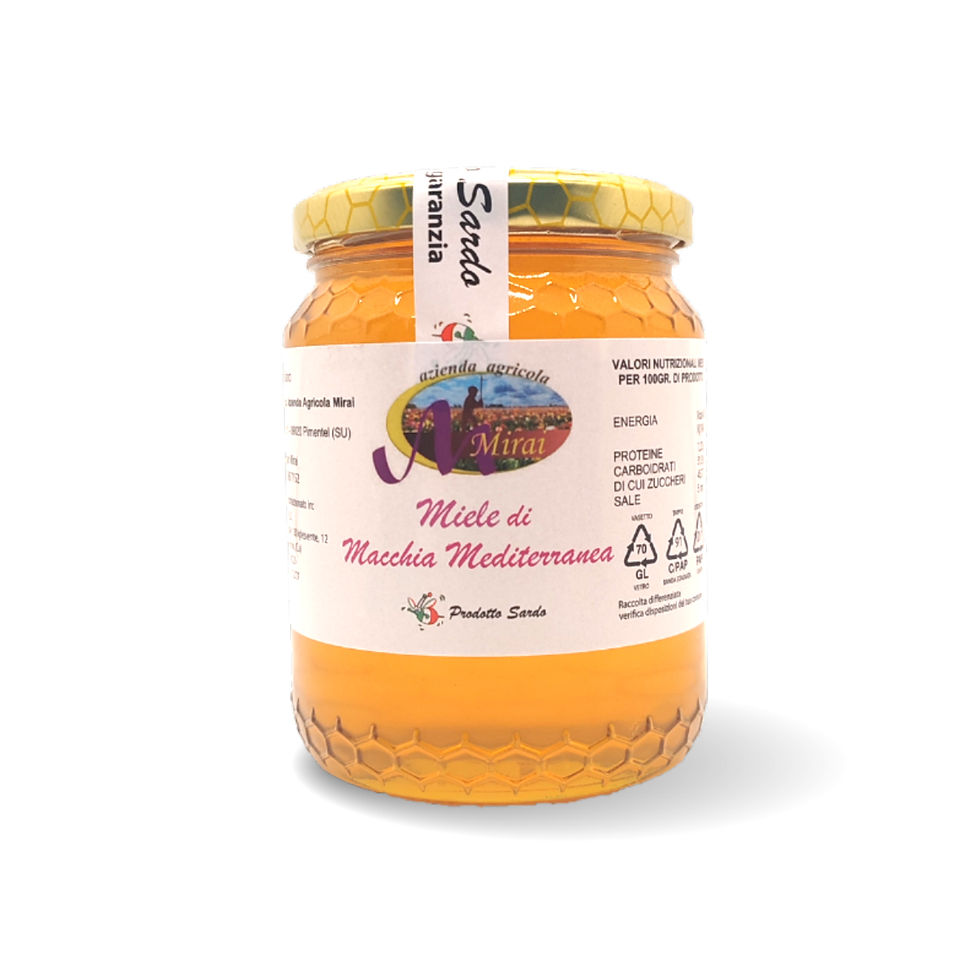Choose the most convenient purchase option for you between:
1 Bottle
6 Bottles (save €6 immediately)
Filu 'e Ferru, also known as Sardinian brandy, is a distillate that embodies the richness of Sardinian traditions, a fascinating history and an unmistakable flavour. This unique product is not just a drink, but a true symbol of the island culture, which stands out for its artisanal production method and the excellent quality of the raw materials used.
Origin and History
The birth of Filu 'e Ferru is shrouded in mystery and tradition. Its name, which literally means "iron wire" in Sardinian, originates from a cunning practice by Sardinian producers to evade the authorities' controls during the prohibition period. To hide the distillate, the bottles were buried, marked only by an iron wire emerging from the ground, hence the name_22200000-0000-000 0-0000-000000000222__22200000 -0000-0000-0000-000000000222_.
Production Methods
Filu 'e Ferru is produced through the distillation of selected Sardinian pomace, in particular those coming from the Vernaccia variety, which give the distillate distinctive aromatic notes and an alcohol content that often exceeds 40 degrees. Tradition dictates that in some areas of Sardinia, such as Ogliastra, lamb or kid rennet is added to the pomace to give the distillate an even more unique taste and aroma_22200000-0000-0000-0000 -000000000222_.
Superb quality
The quality of Filu 'e Ferru is the result of a careful selection of raw materials and a double distillation process that preserves the original aromas and flavors of the wines and pomace. After distillation, the distillate is matured in oak barrels for at least a year, thus acquiring complexity and softness.
Vernaccia brandy
White Opera bottle
43% vol 50 cl
Filu 'e Ferru: Vernaccia di Sardegna brandy
Used for centuries as a medicine and remedy for all ills, it was the monks who spread the artisanal stills in the areas richest in vineyards. In Sardinia, cellars and storage rooms are transformed into small distilleries, places also used for drinking a glass in company or for the retail sale of wines and spirits, a source of livelihood for many families.
When in 1874 the Savoy government prohibited free home distillation for commercial purposes, small producers sharpened their ingenuity.
Stills, demijohns and flasks full of brandy disappear from the officers' sight, but only in appearance. It is said that it was the women who produced it in great secrecy and they themselves hid it in underground trap doors, double bottom furniture, holes dug in the vegetable gardens.
It is precisely in this "age of prohibition" that the containers, before being buried, are tied to a filu 'and ferru, a fairly long wire protruding from the ground and which would have allowed subsequent recovery.





























Reviews
Sympa